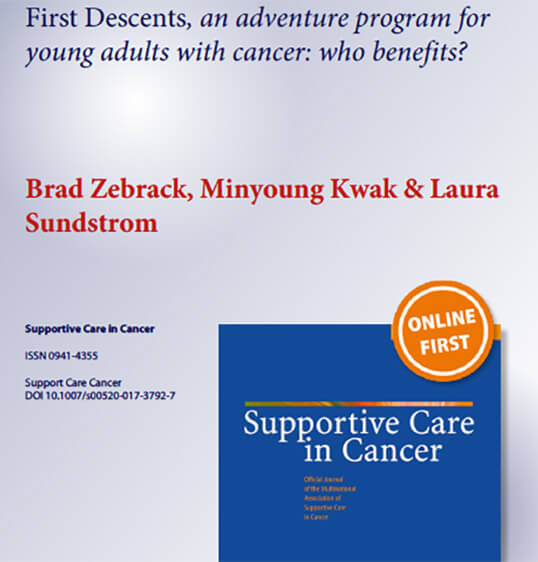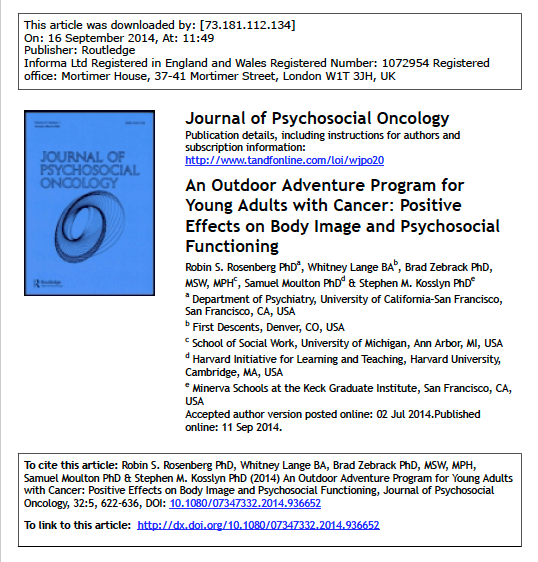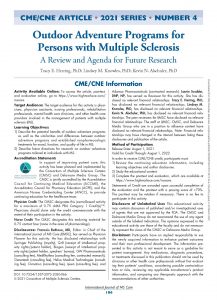Phone: 303.945.2490 Fax: 866.592.6911 Email: [email protected]
621 Kalamath St. Ste 175, Denver, CO 80204
Adventure is calling! First Descents’ 2026 Core Program Registration opens on Monday, February 2, at 11 AM MST.
Get started today by browsing the amazing destinations we have planned and start thinking about which program you’d like to join. Then be sure to log in to the FD Portal on February 2 to submit your choices! Don’t have a login yet? Submit an inquiry form HERE.
All programs are FREE and include lodging in a spectacular location, plus gear, pro-guided instruction, chef-prepared meals, and time to kick back with fellow members of our incredible FD community.
JOIN US FOR A 2026 HEALING ADVENTURE!
First Descents is committed to studying program impact and efficacy. To date, we’ve participated in two formal impact studies on our oncology programs that inform ongoing program evaluation.
We are excited to apply similar evaluation methods to our evolving work with MS and healthcare worker programs.
First Descents addresses what the National Cancer Institute identifies as a major determinant of long term survivorship health: ongoing psychosocial supportive care.
Cancer, MS, and all serious health conditions present unique challenges and obstacles to young adults. Cancer is the leading disease-related cause of death in adolescents and young adults (AYAs). With approximately 87,000+* new diagnoses annually, young adults comprise the fastest-growing and most underserved oncology age demographic.
Additionally, MS is the most common neuroinflammatory disease affecting the young adult community and is typically diagnosed between the ages of 20 and 40.
*Source: seer.cancer.gov, American Cancer Society, National MS Society
![]()

In 2015, First Descents worked with the University of Michigan to evaluate the psychosocial benefits of our programming. The infographic above highlights the top findings from this study including an increase in self esteem, body image and our participants ability to cope with cancer and its ongoing effects. Additionally, reports of moderate to severe depression and anxiety (as measured by the PHQ-4) marked a 60% decrease for FD participants.
This 2015 study continued First Descents’ effort to better understand the psychosocial effects of going on a First Descents program following up on a study conducted in 2012 with the Keck Graduate Institute. The full studies from 2015 and 2012 are linked below.



